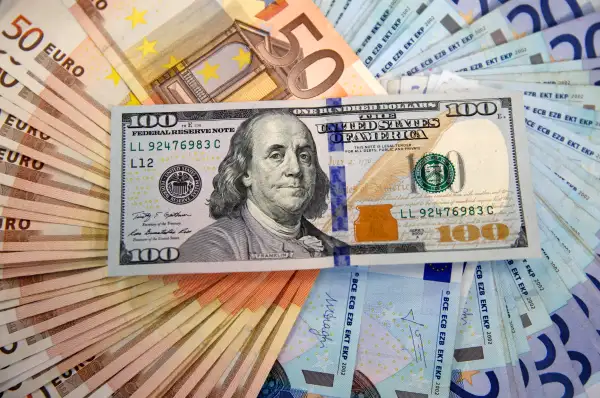Why This Fed Meeting Could Be a Game Changer
Money is not a client of any investment adviser featured on this page. The information provided on this page is for educational purposes only and is not intended as investment advice. Money does not offer advisory services.

Employment is up and economic growth is stronger, but that hasn't made Janet Yellen's job any easier. The Federal Reserve chair now has to decide how she'll shift monetary policy out of crisis mode—the Fed has kept short-term interest rates near zero since 2008—and into something more like normal. All without breaking anything in the process.
That problem is the backdrop to the Federal Reserve's Open Market Committee meeting on Tuesday and Wednesday. If early predictions are correct, the big news from the meeting may be that Yellen removes her pledge to be "patient" about possible interest rate hikes. If so, based on what Yellen has said about how she'll signal a coming policy shift, the Fed could start raising its benchmark interest rate as early as June. That would ripple through the economy as lenders raise their own interest rates on loans.
But even before the Fed actually raises rates, any hint that it could raise rates will itself have an effect on markets, as investors and businesses try to get ahead of the trend.
In making this decision, the Fed faces three tough questions:
- We have stronger economy—but is it strong enough to withstand higher rates? By many measures, the U.S. economy is doing quite well. Job growth has topped 200,000 per month for 13 straight months, and the unemployment rate has now fallen to 5.5%—four and a half points lower than at the height of the financial crisis. Yellen has previously promised to keep interest rates low until unemployment improved. Will she finally decide her job is done?
- Does the rallying dollar change the game?. While a strong economy might make Yellen more comfortable about raising rates, an increasingly valuable dollar might push her in the opposite direction. America's (relative) prosperity combined with Europe's stagnation—and now looser money from the European Central Bank—has caused the euro to crash in value against the greenback. The EU's currency recently fell to a 12-year low versus the dollar, making U.S. exports more expensive and potentially hampering future growth. Will the Fed decide to keep interest rates low for longer in the hopes of keeping the dollar competitive with the euro, or will the desire to normalize monetary policy win out?
- Where's the inflation? The reason to raise rates is to prevent a hot economy from igniting higher inflation. It might seem silly to worry about inflation when the dollar is the strongest it's been in years and wage growth is all but nonexistent. That's what economists like Paul Krugman and Lawrence Summers are arguing. On the other hand, lower unemployment suggests wages could rise in the near future, eventually pushing up prices. Although there is very little inflation right now, so-called inflation "hawks," including some Federal Reserve regional bank presidents and members of the Fed's rate-setting committee, think the central bank should act early to nip it in the bud.
We'll know more about how the Fed is answering these questions on Wednesday, when the Fed announces it rate decision. Until then, "patience."
